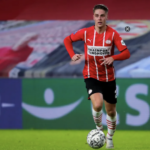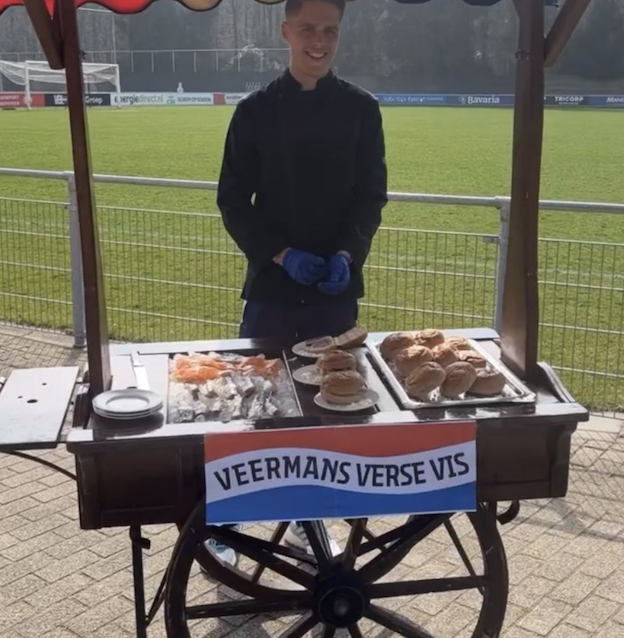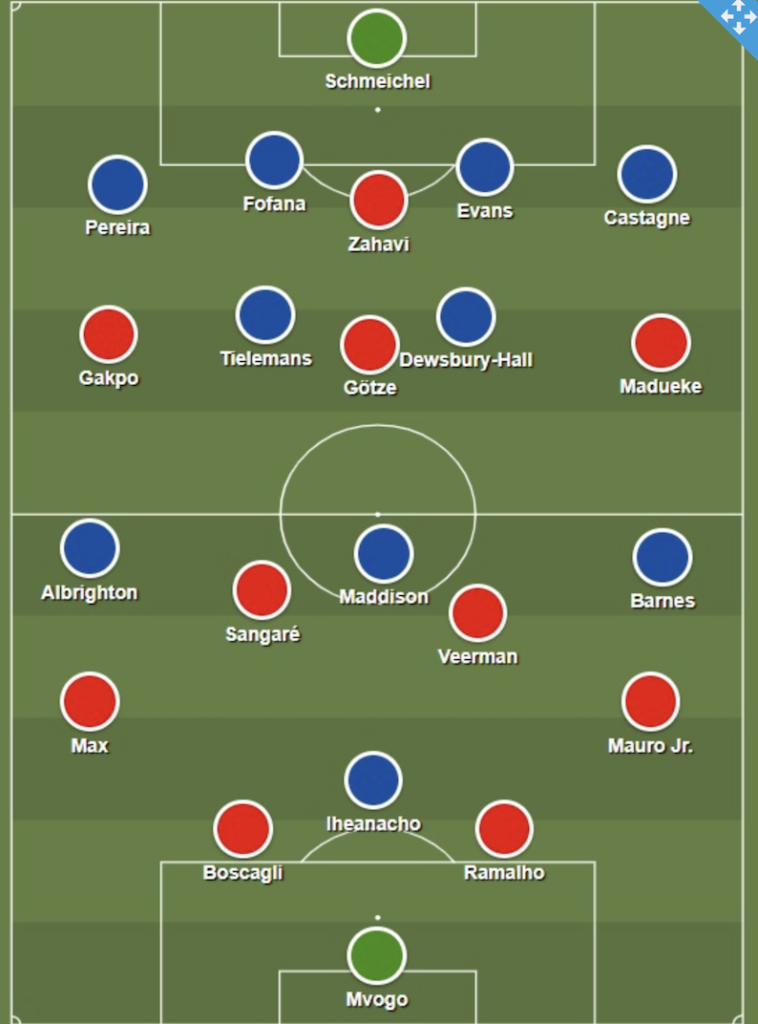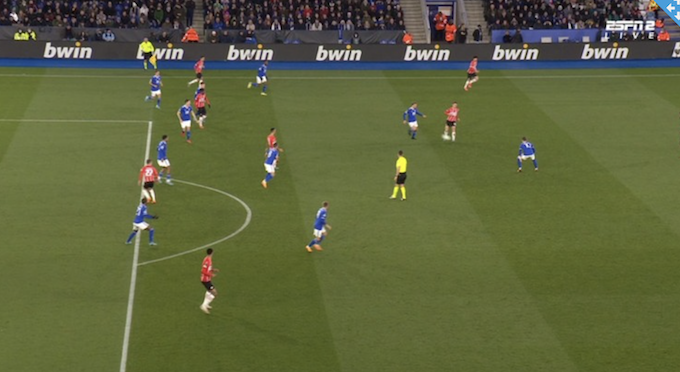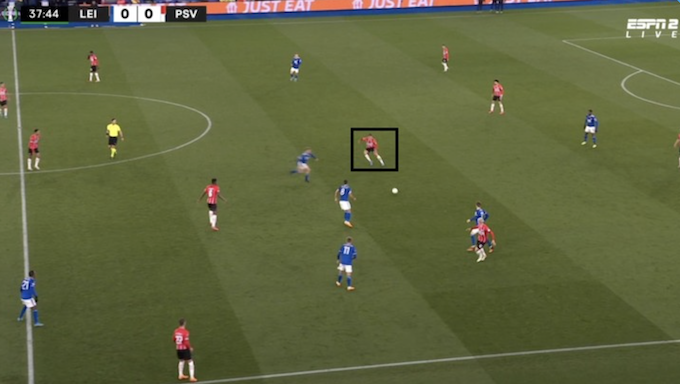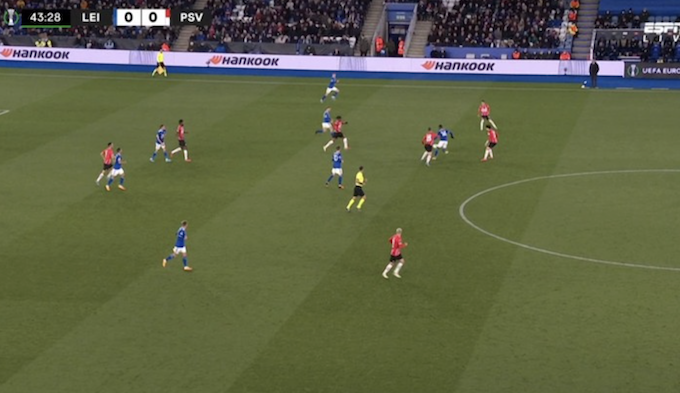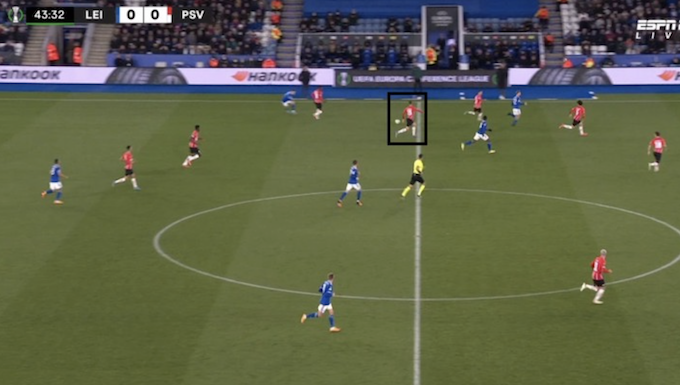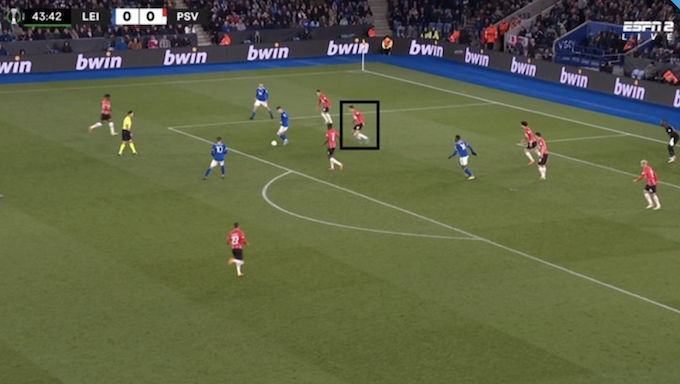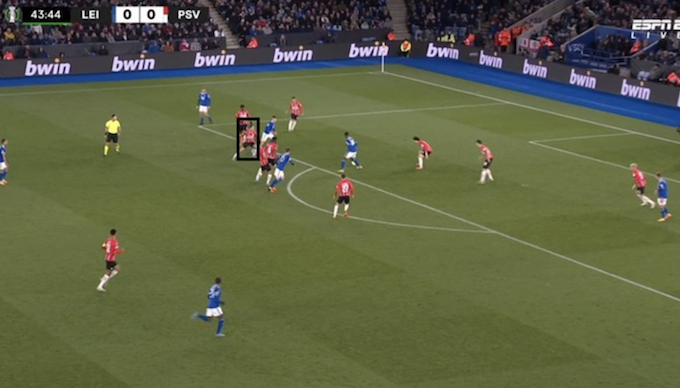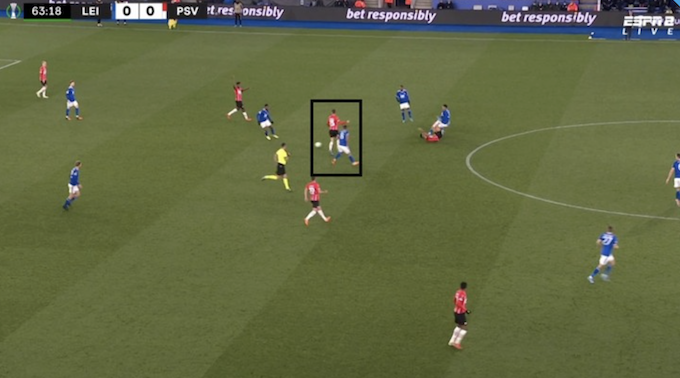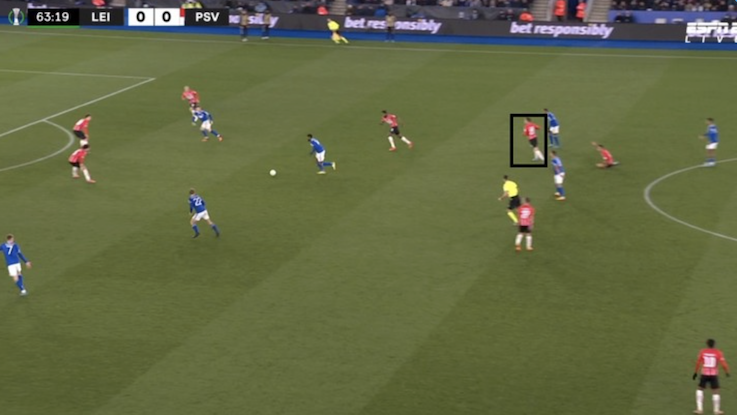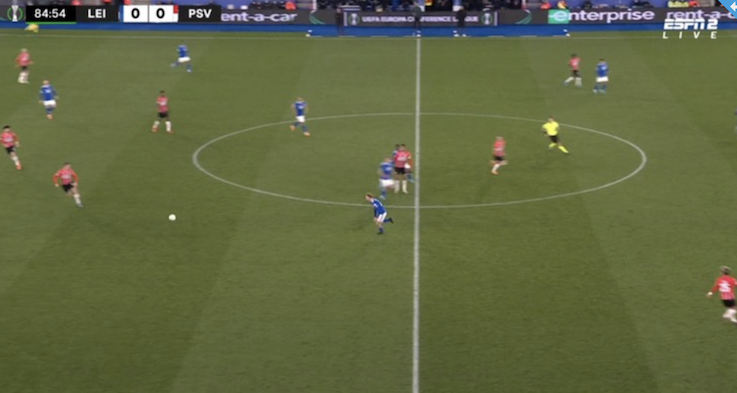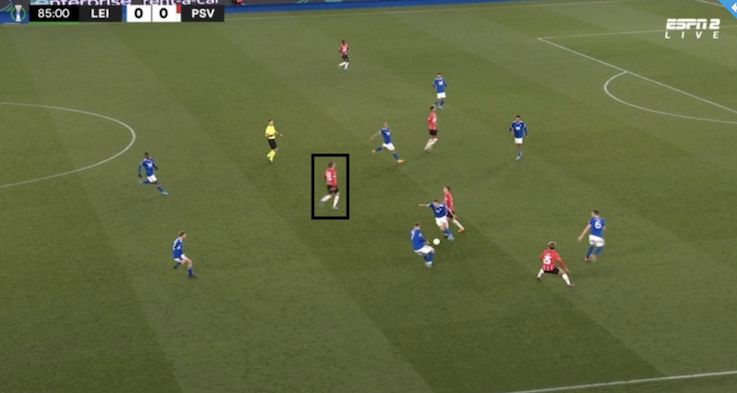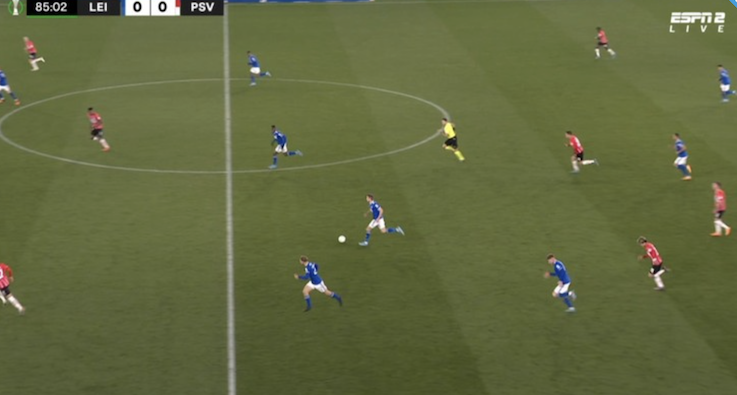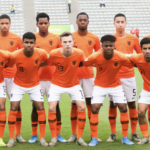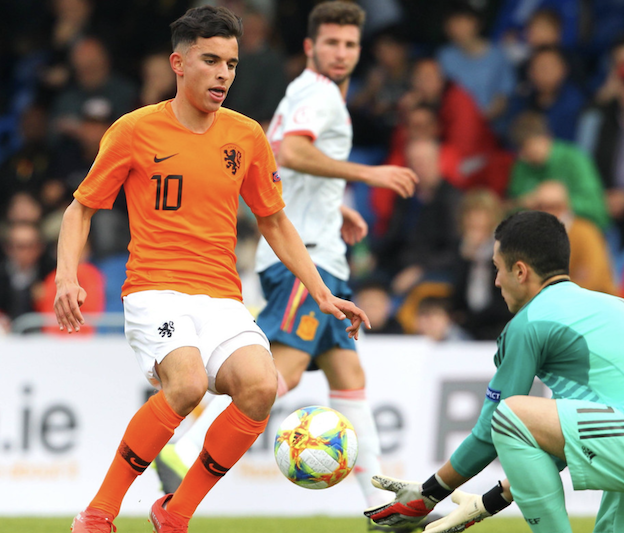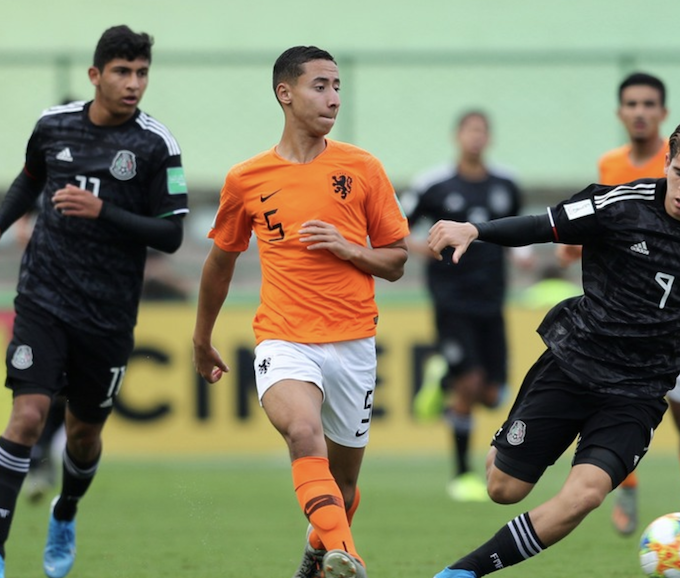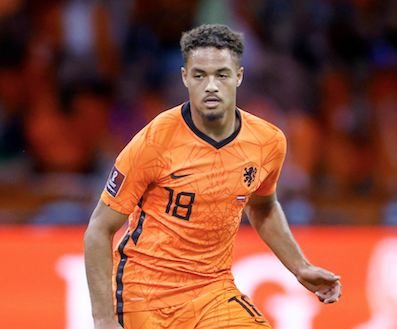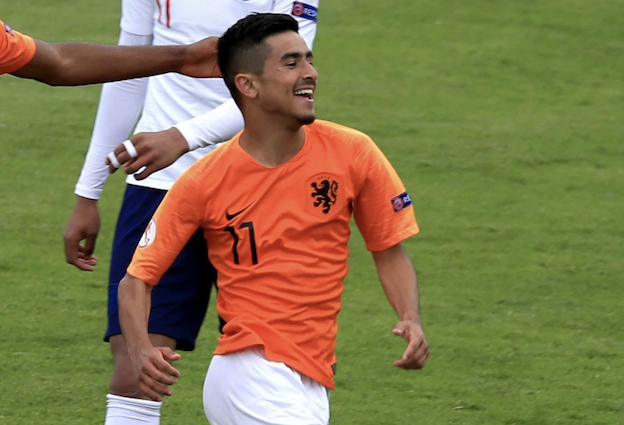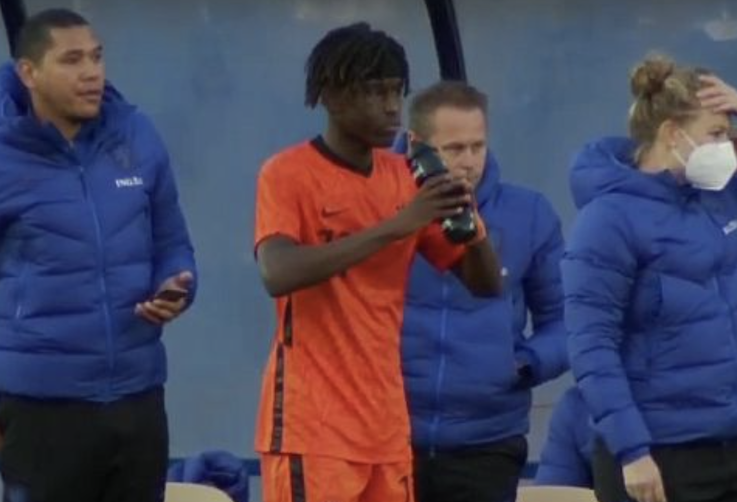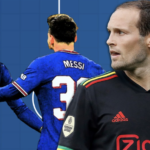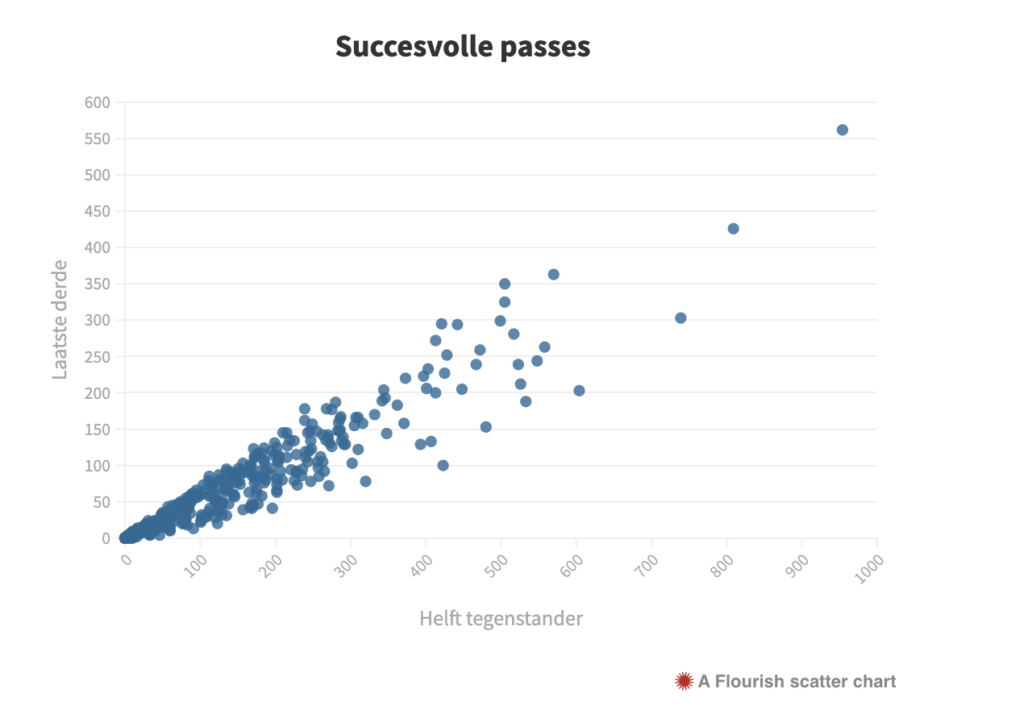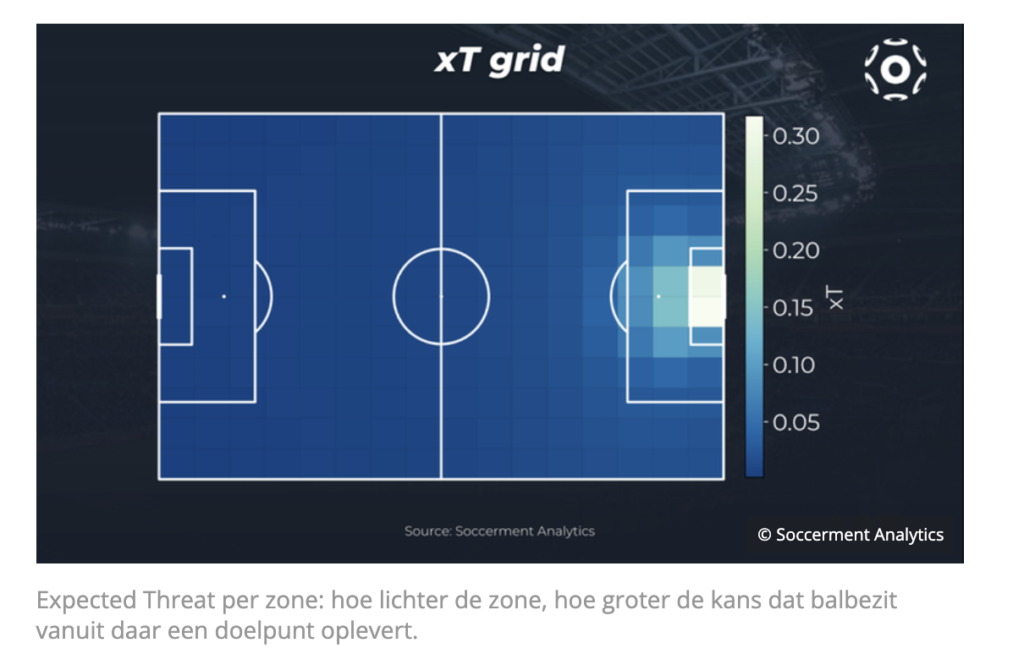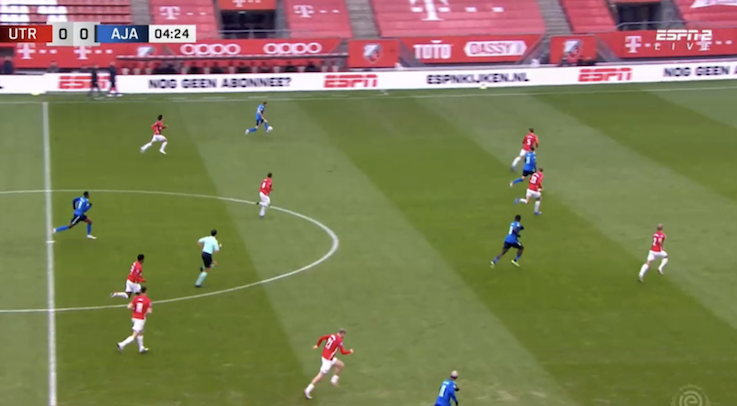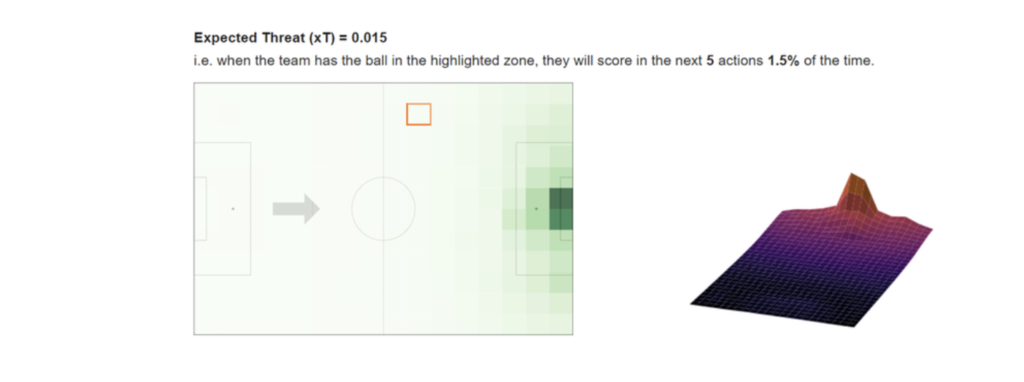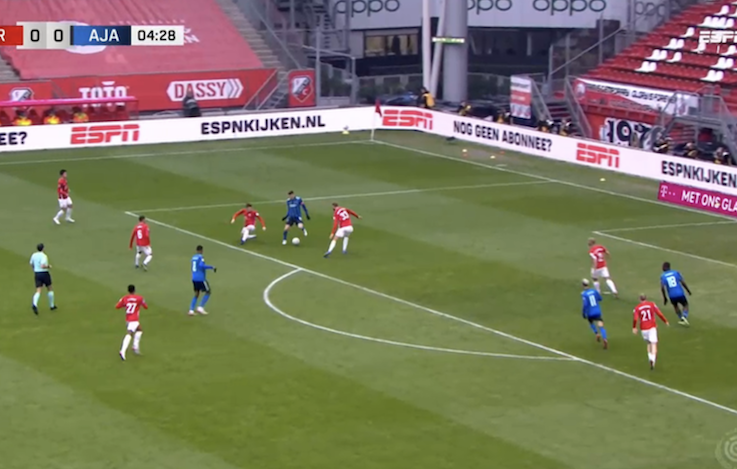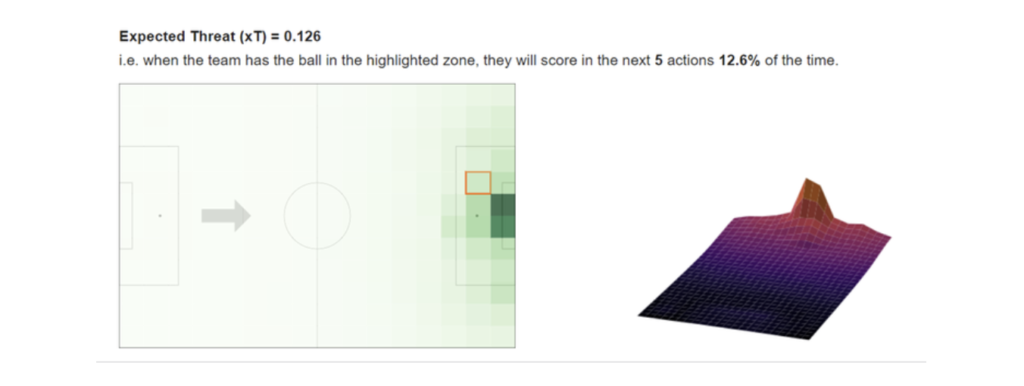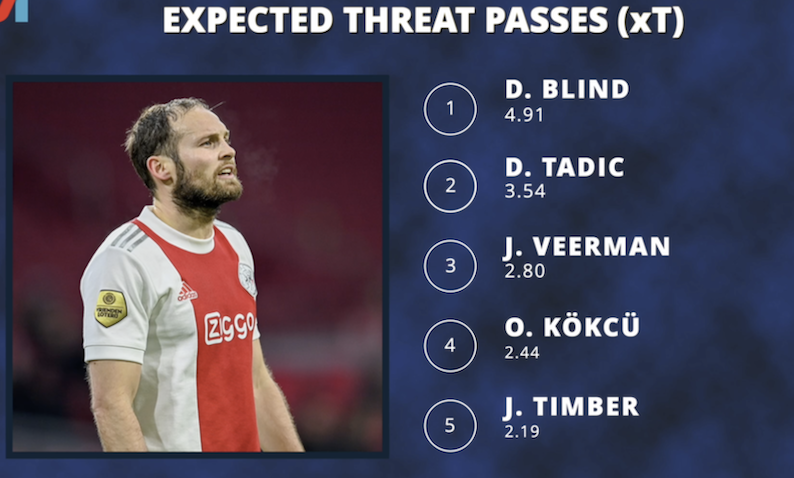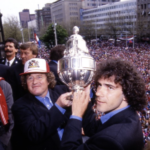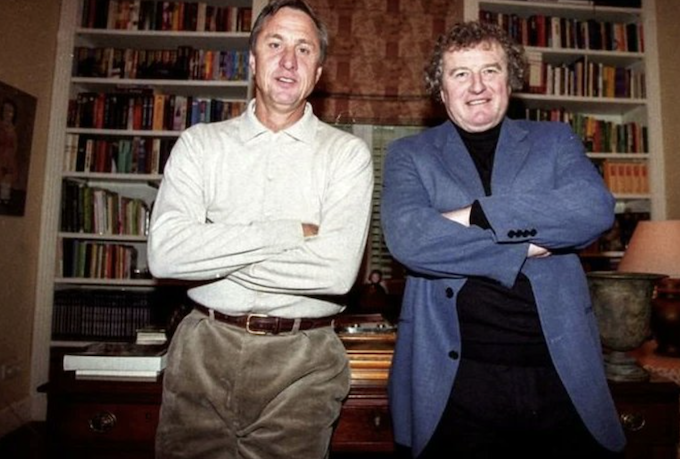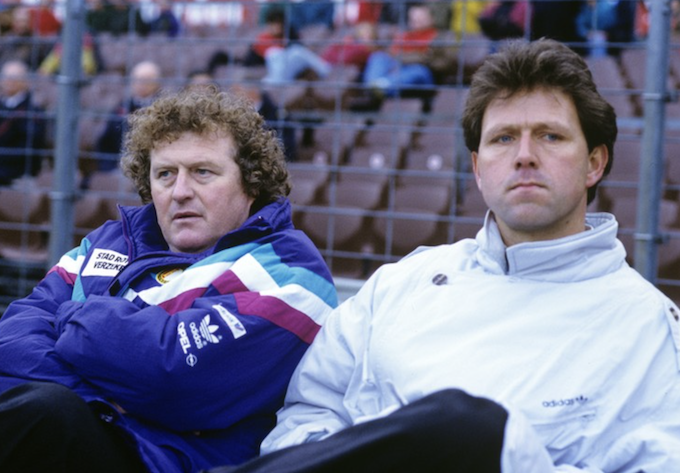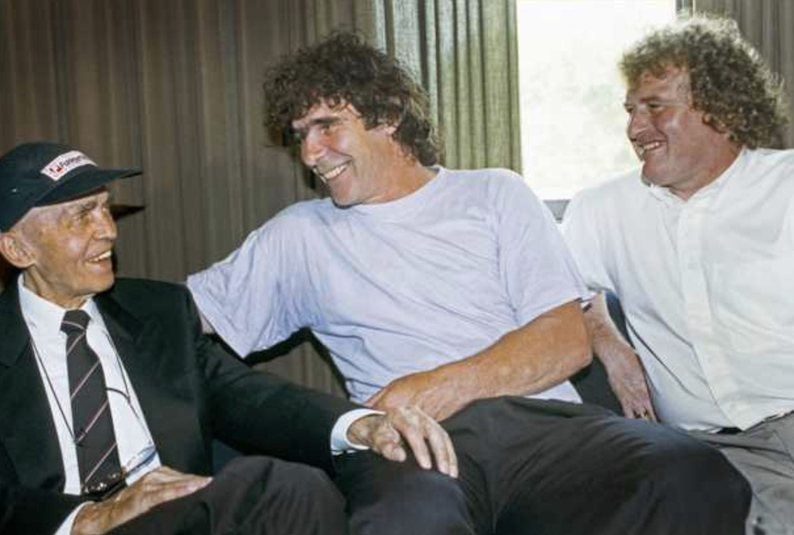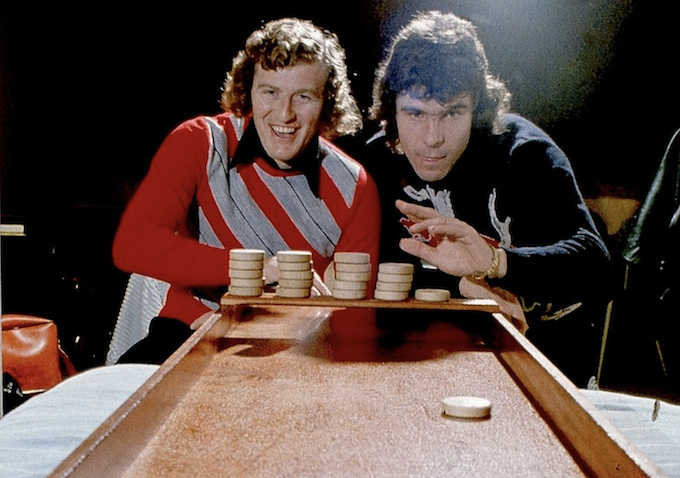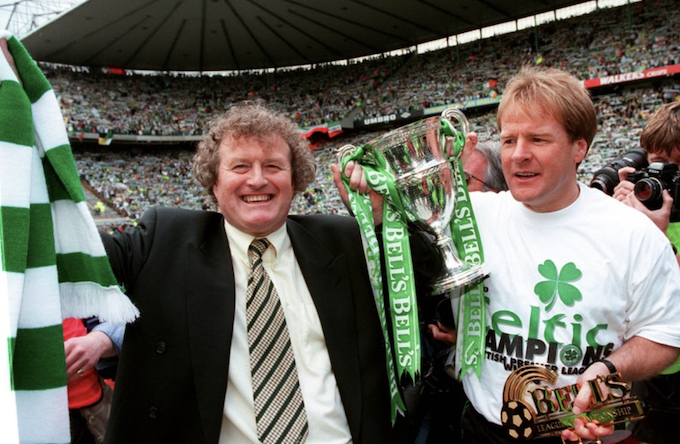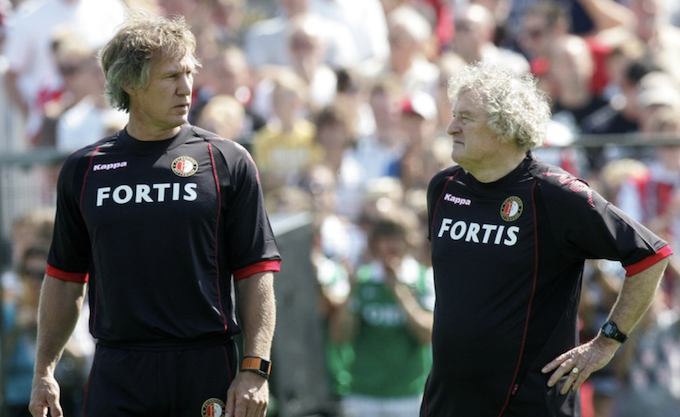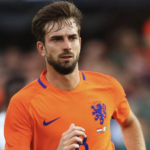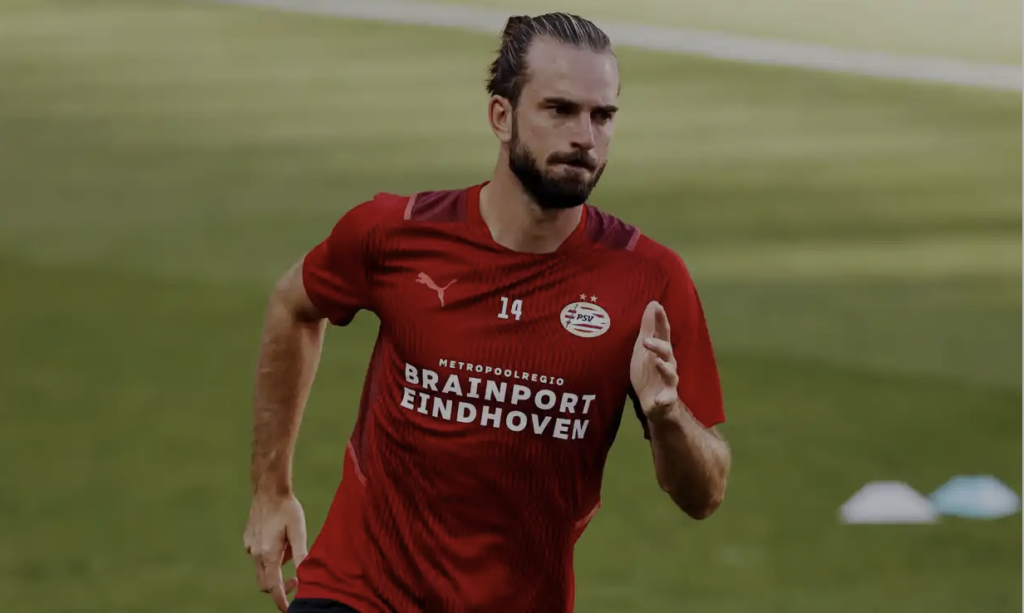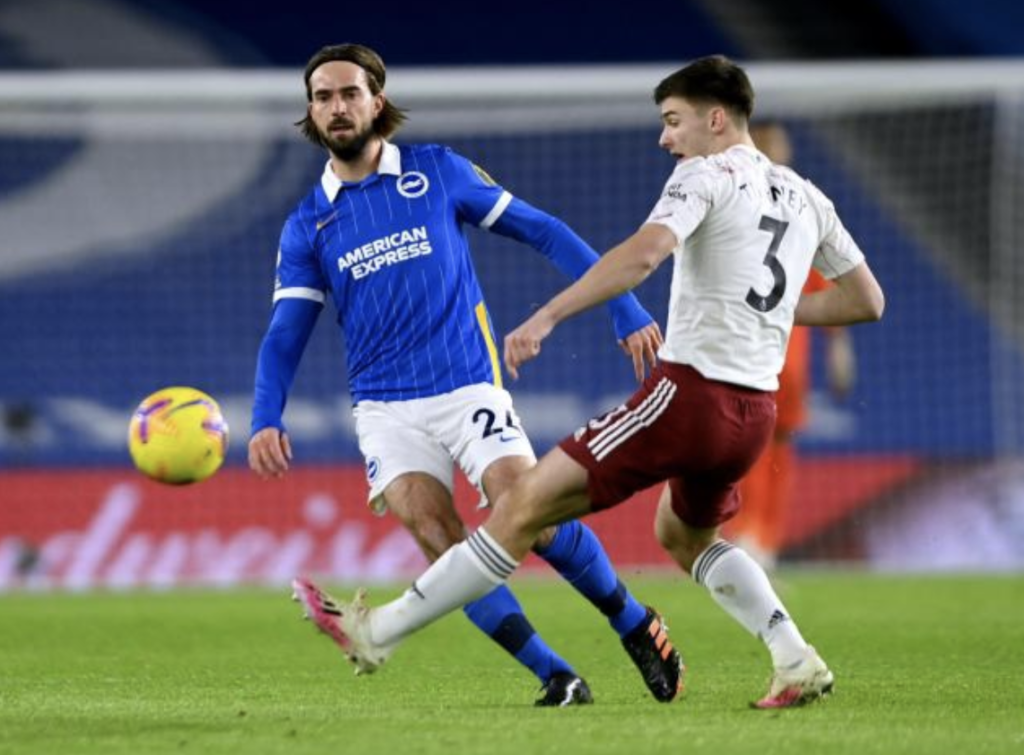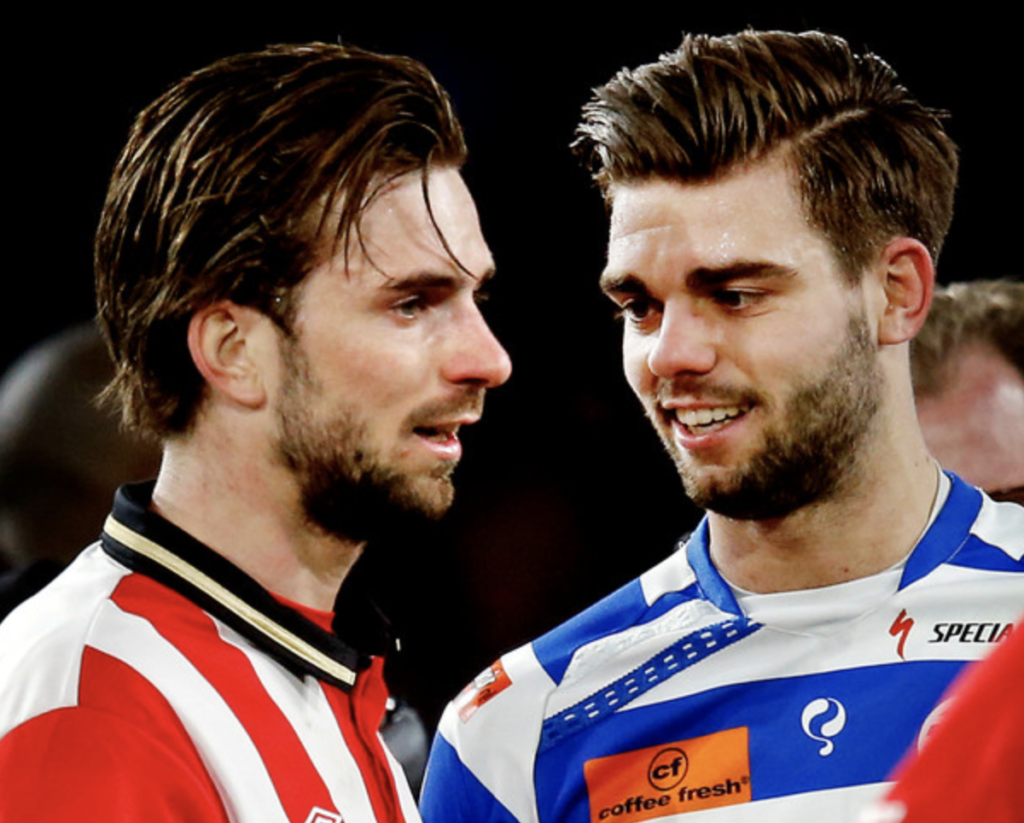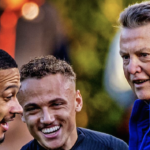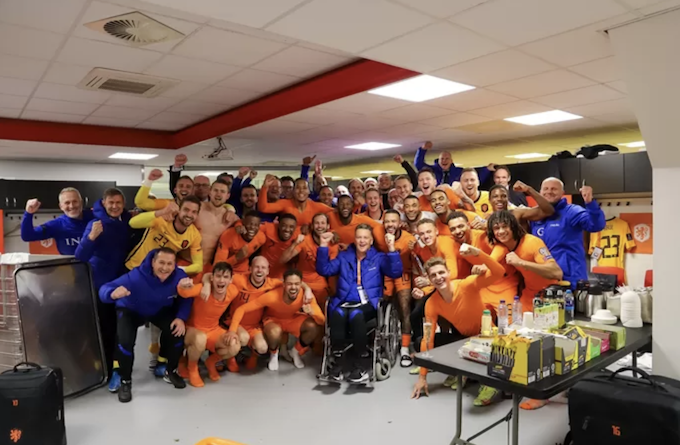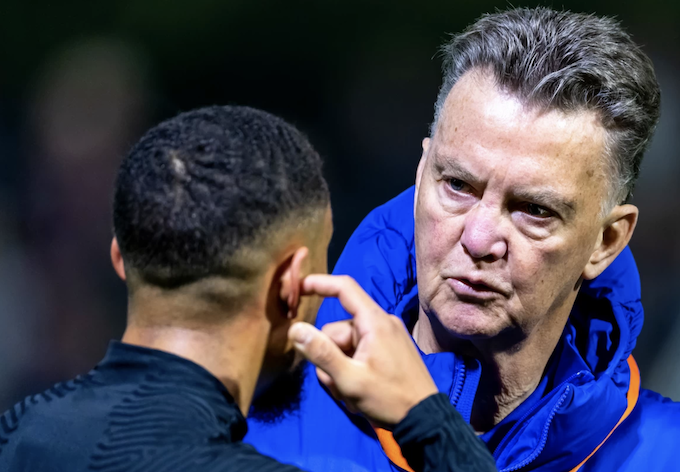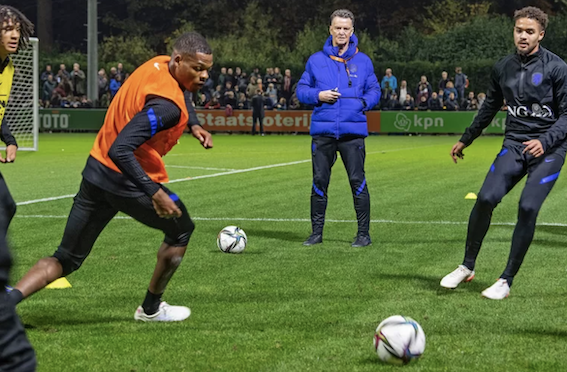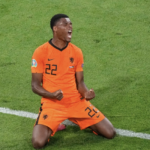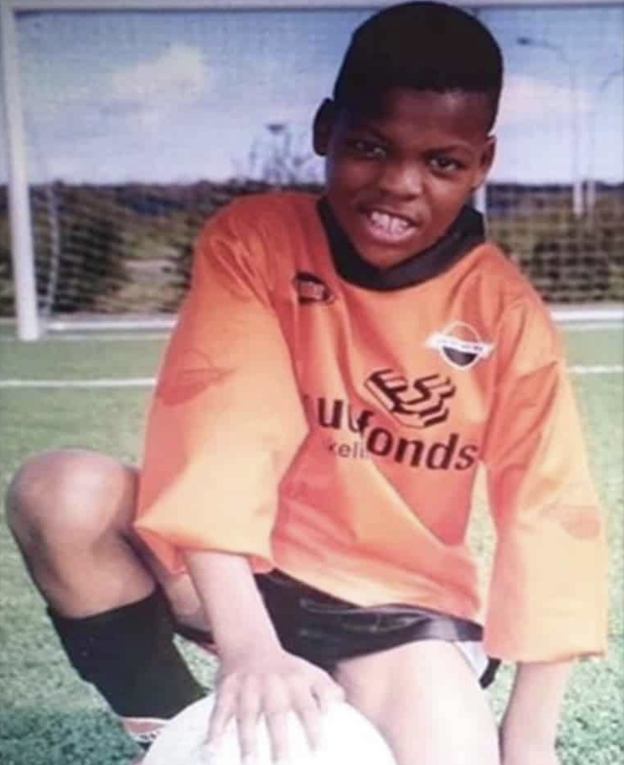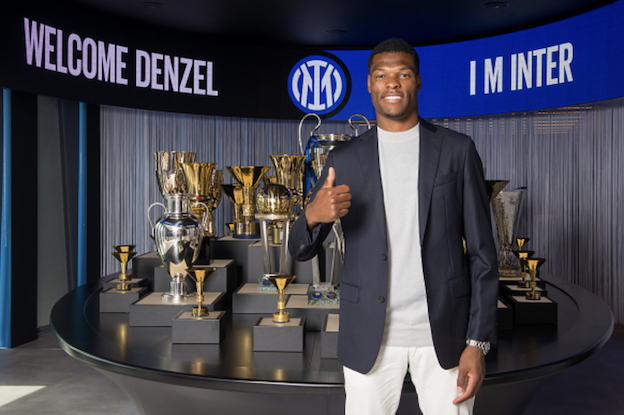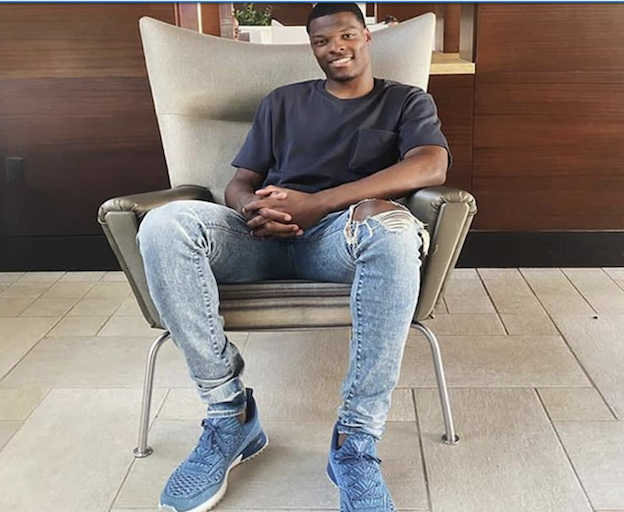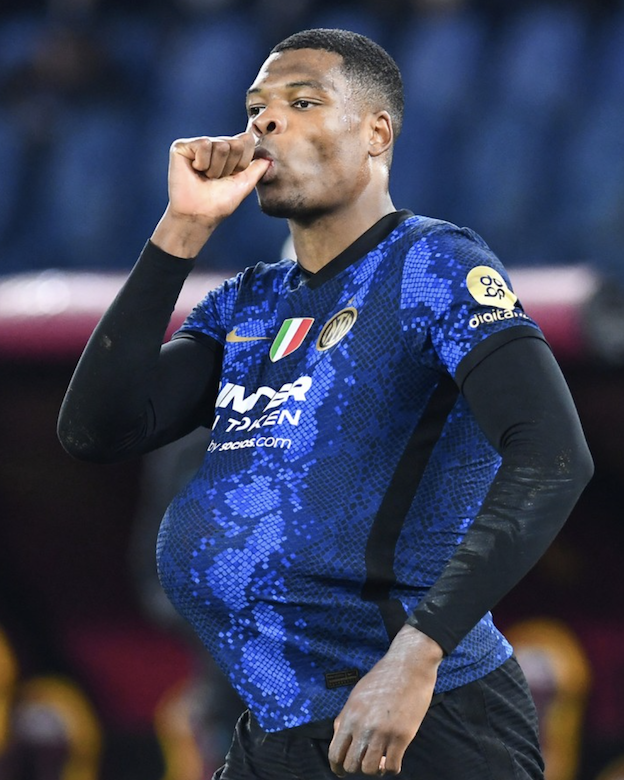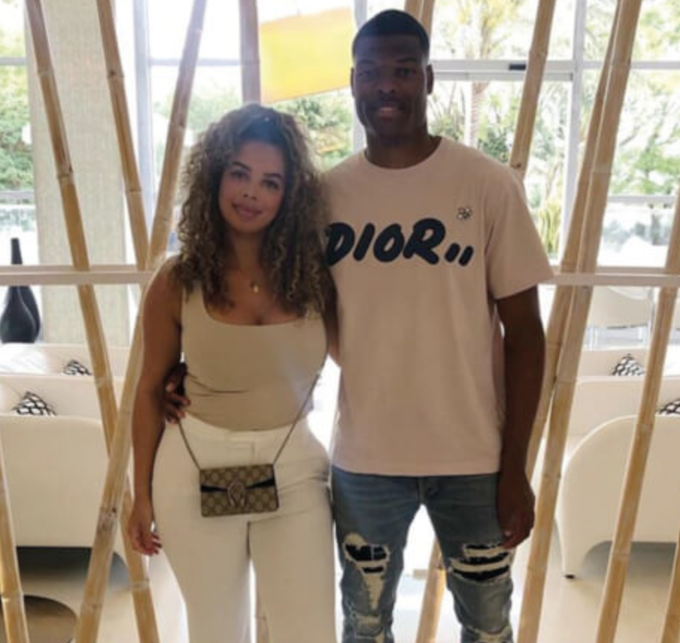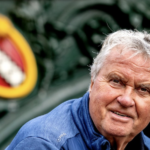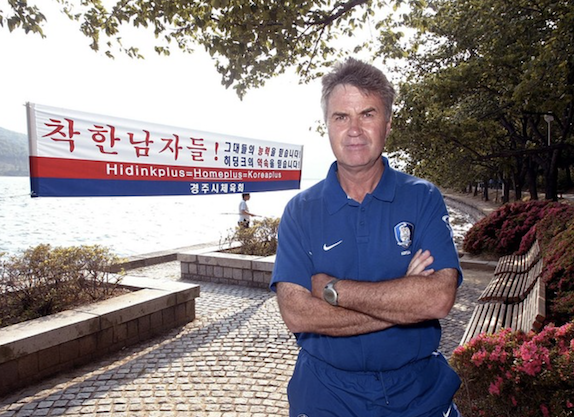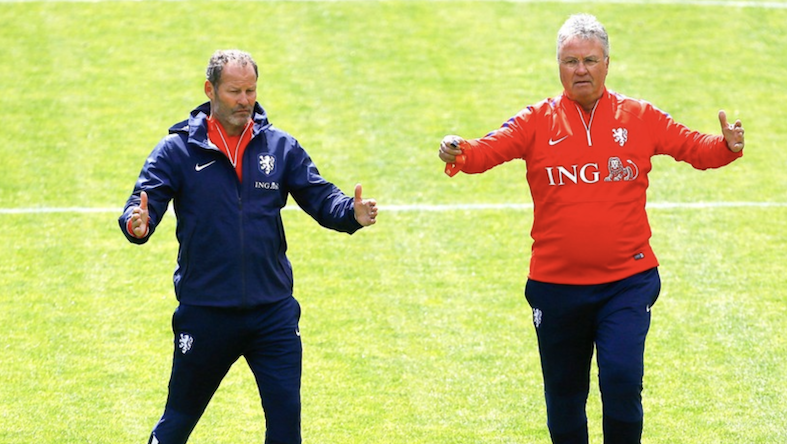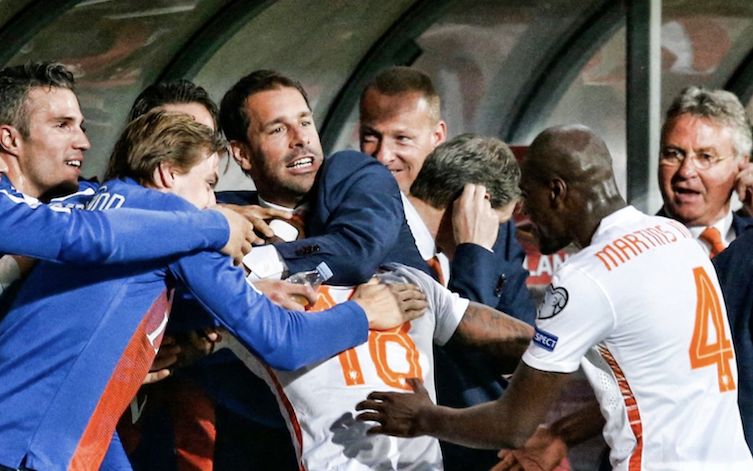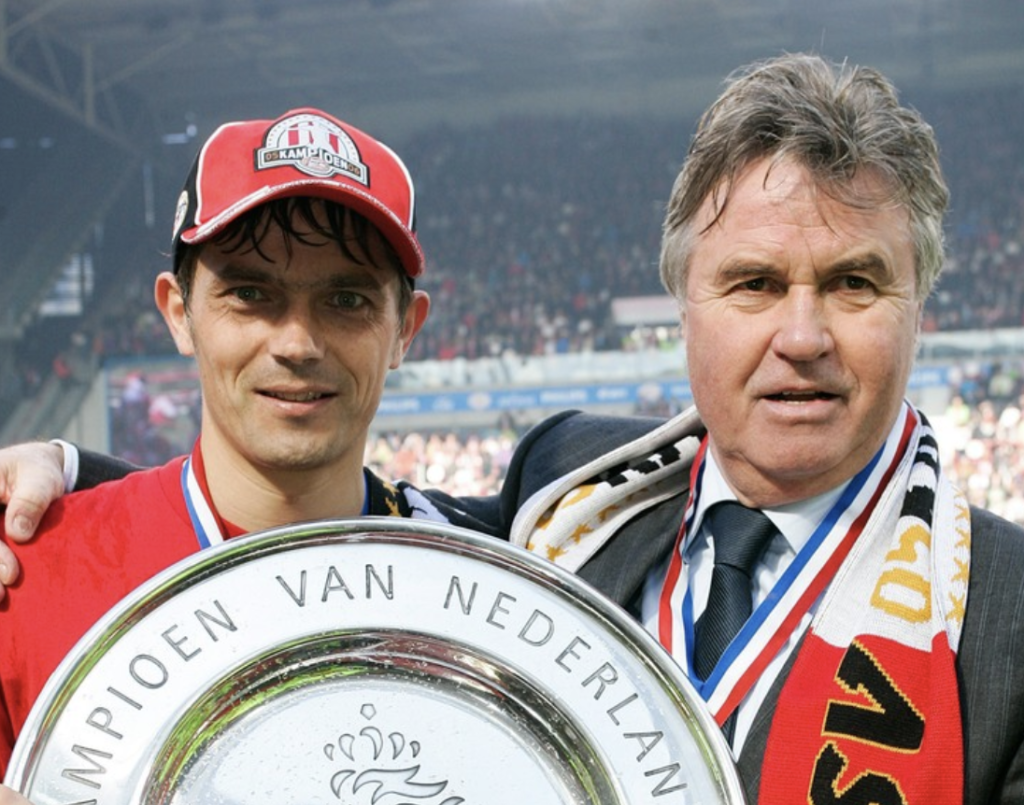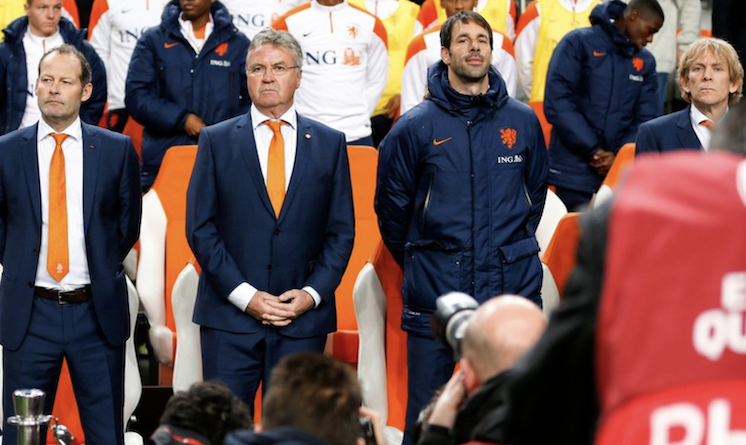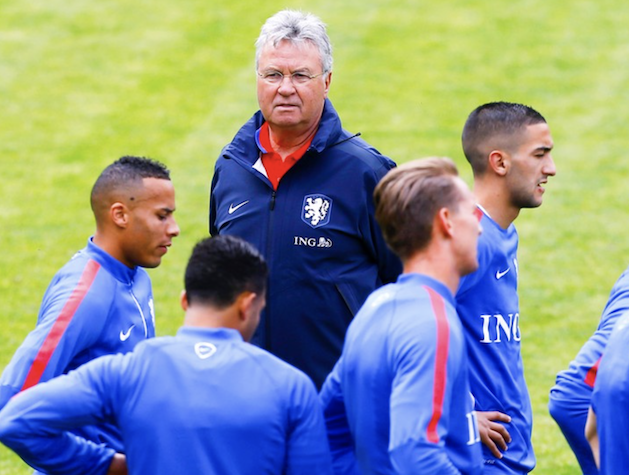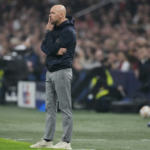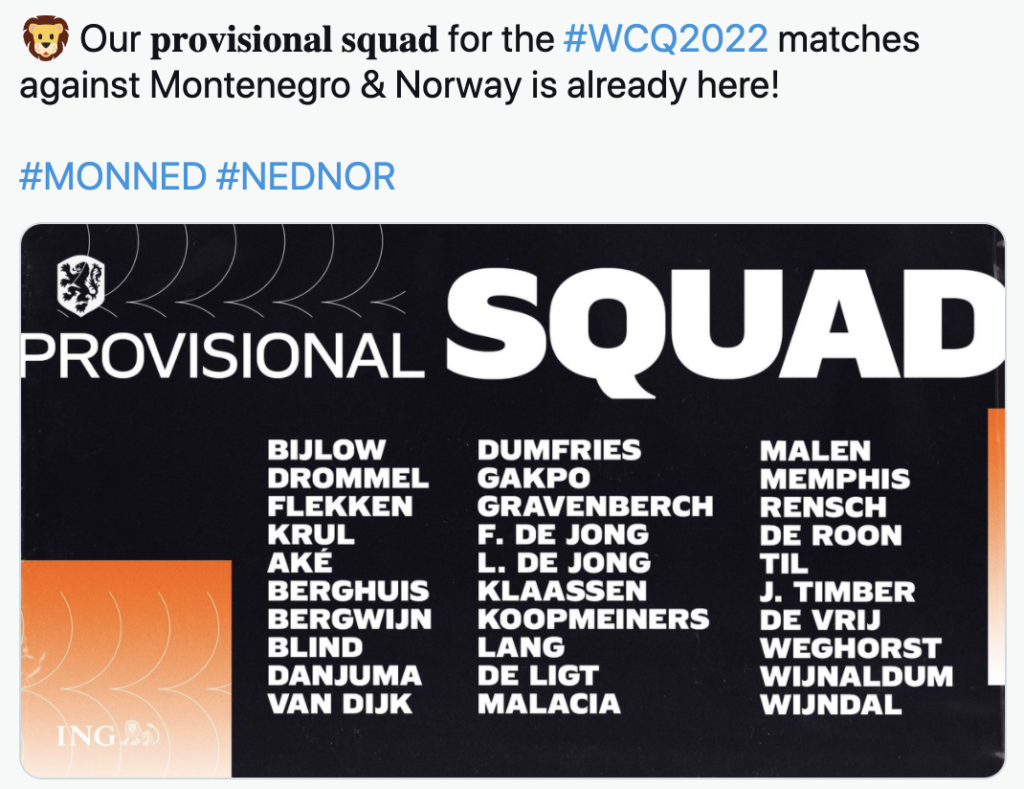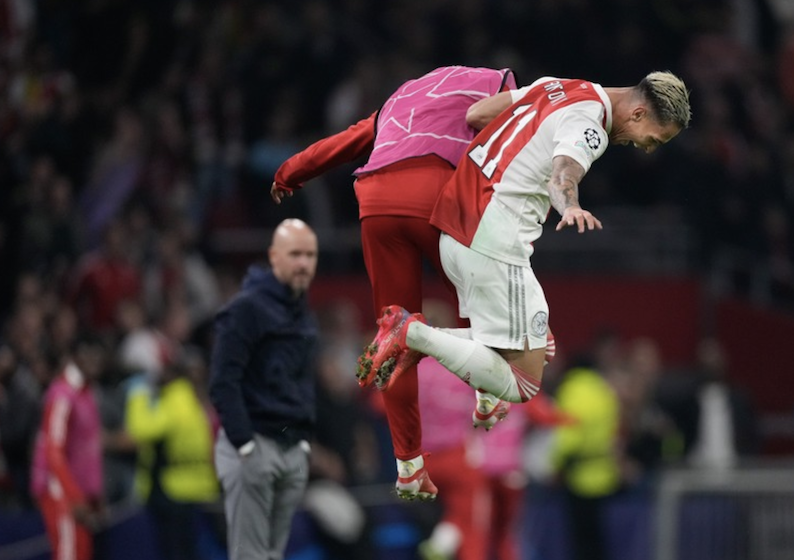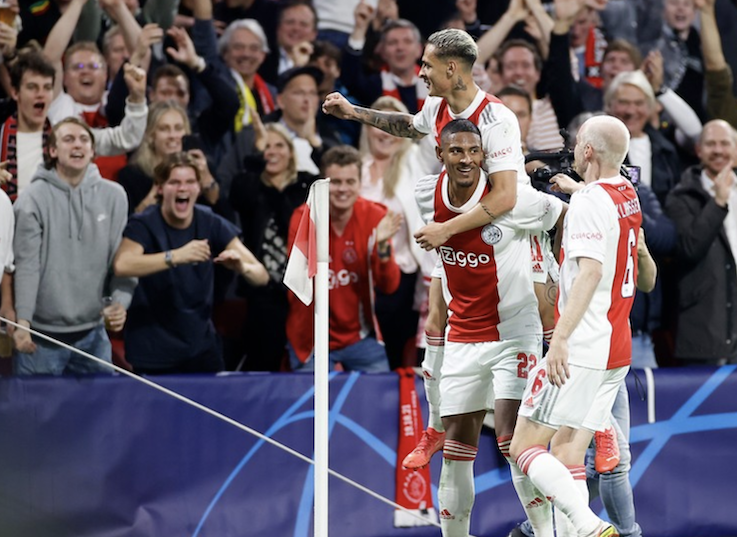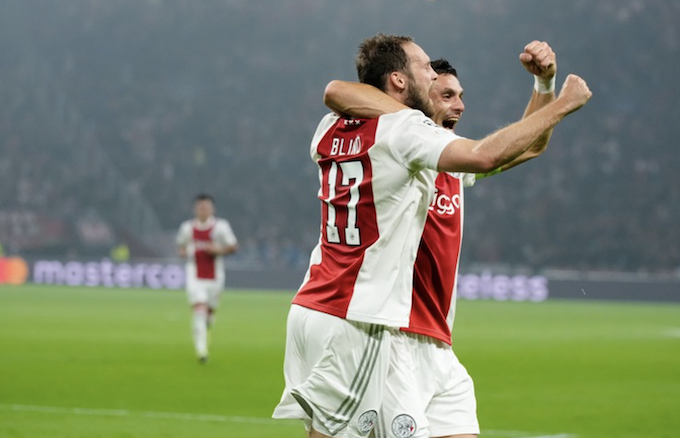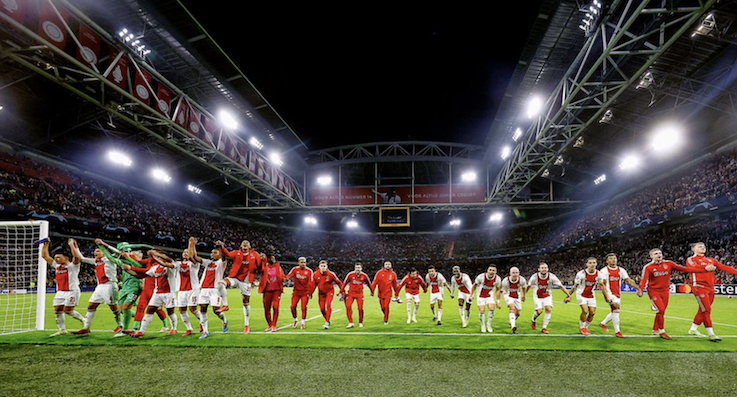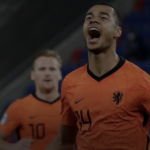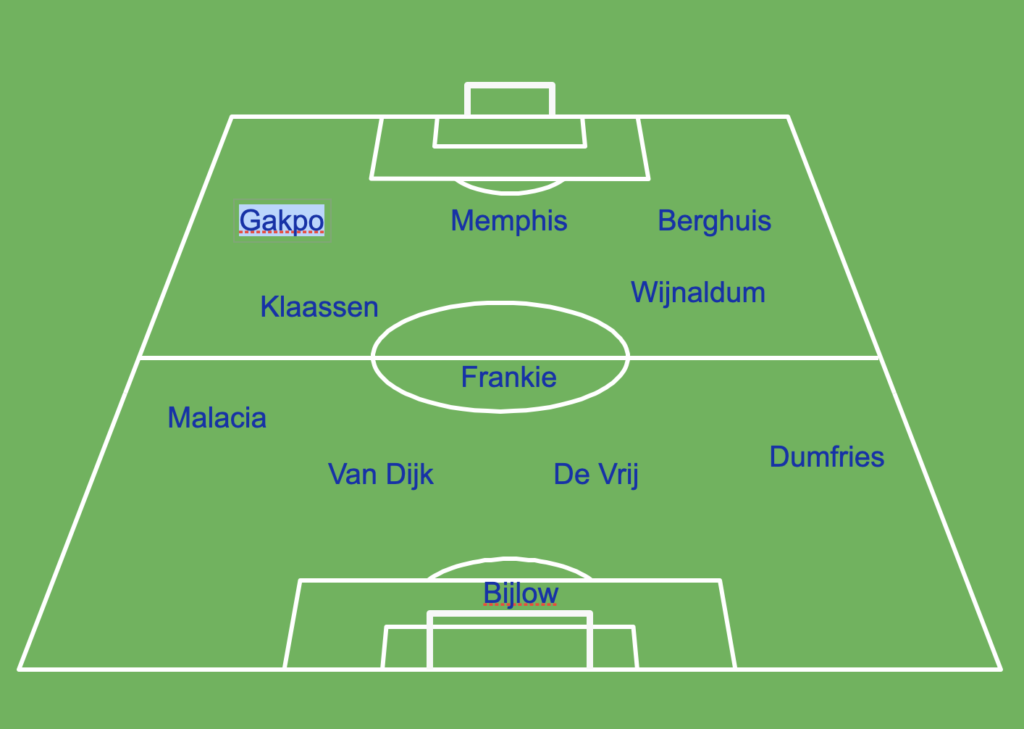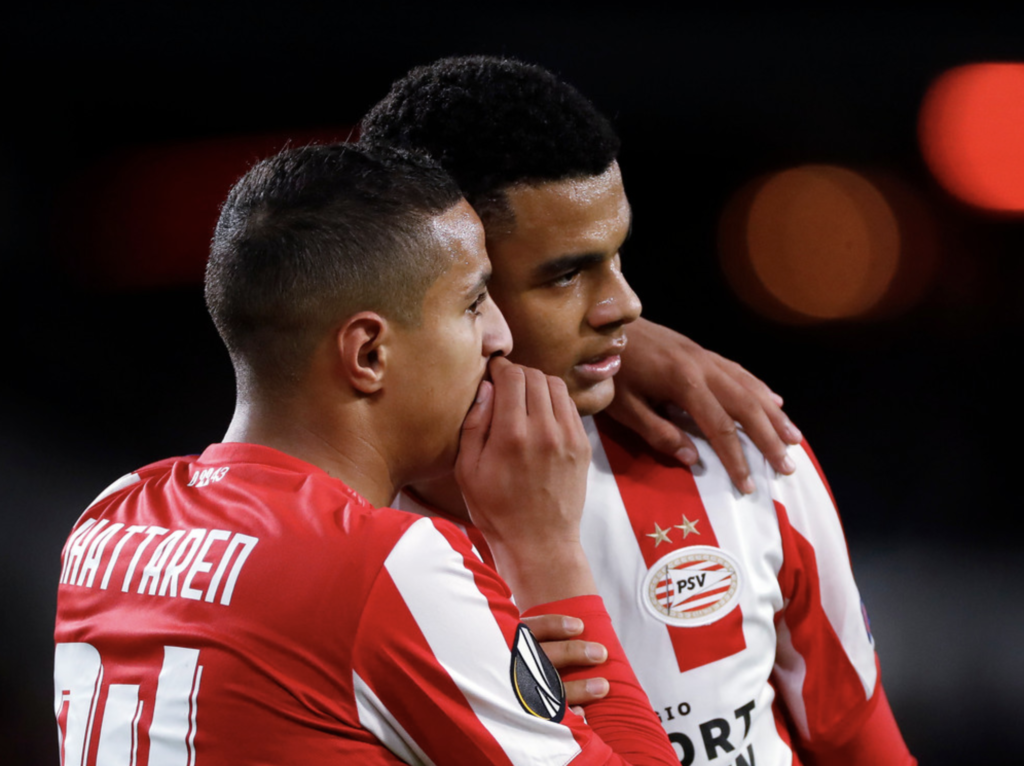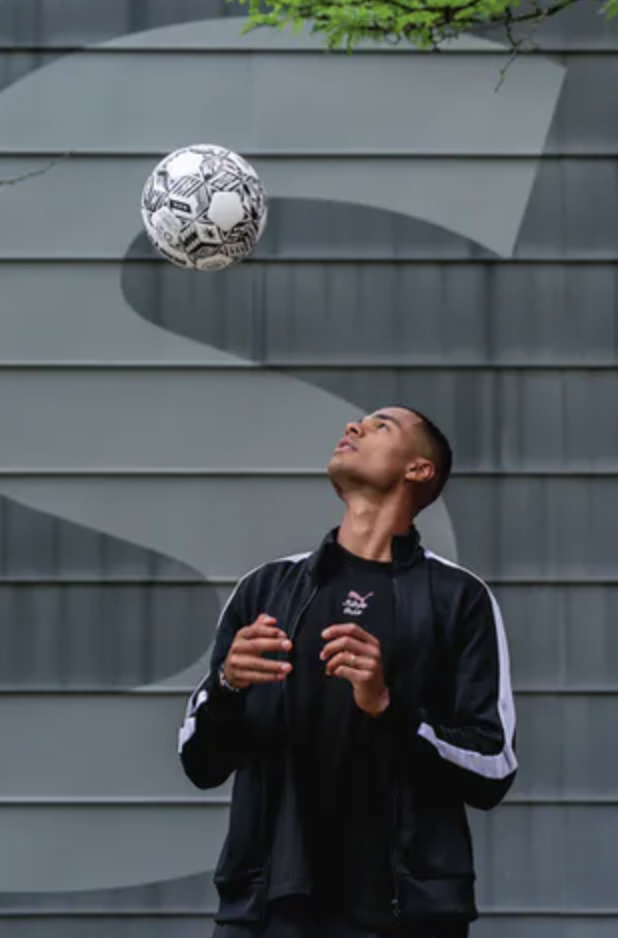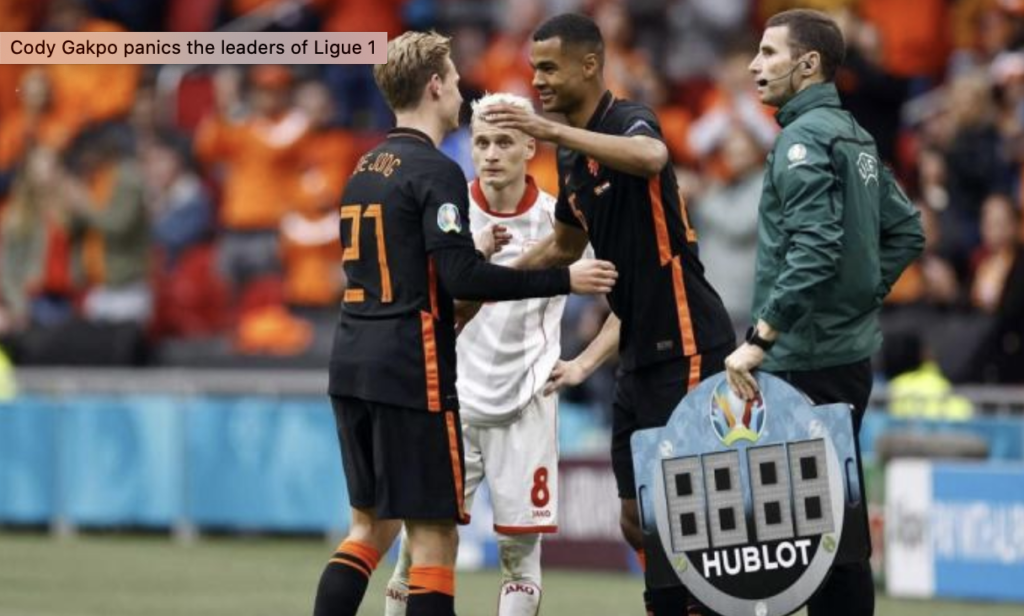Not the ugly I guess. Joey doesn’t do ugly. He was a name in youth football already. Playing in Volendam, the little quirky sea faring town which has produced 1) incredible football talents, 2) incredible musical talent and 3) a rugged and headstrong local people who tend to live by their own rules.
Volendam is hard drugs, great seafood, incestuous relationships, creative talent. I am not sure if there is a correlation.
It’s not strange for clubs like AZ and Ajax (who are a stone throw away from Volendam) to ignore talents from there. There is a list of players who shine in the Volendam orange, but fade in another jersey or even when 15 kilometers away from Volendam.
Some football examples? The brothers Mühren (Gerry, Arnold) – Ajax, Man United, Oranje. Wim Jonk – Ajax, Inter Milan, Oranje. Keje Molenaar – Ajax, Feyenoord, Oranje. Johan Steur – Feyenoord. Edwin Zoetebier – PSV, Feyenoord. Tom Sier – Ajax, Heerenveen. Joey Veerman – Heerenveen, PSV. Henk Veerman – Heerenveen, St Pauli, FC Utrecht. Robert Mühren – AZ, Zulte Waregem, SC Cambuur. Pier Tol, – AZ, Oranje.
Veerman’s part time fish stand at the PSV grounds… PSV should pay him better!
Some Volendam talent has trouble playing outside of Volendam. They miss the friends, family, the rhythm of the village. It’s a very tight knit community. As an example: typical Volendam and places like Volendam (Urk for instance) have a very low vaccination ratio. They simply refuse as a group. As a sub culture in The Netherlands. Don’t forget: they used to be on sort of an isolated island and they used to be free from government interference. They were fishermen. They worked hard, played hard. And their heads are very hard as well :-).
So Veerman was passed over by AZ and Ajax. “A very gifted player, but he has a mind of his own. We are not sure he’ll fit the group dynamics.”
Heerenveen likes to use Volendam born players and signed him. He made his mark there which got him a transfer to PSV.
Lets look at Veerman in the role of defensive mid. In the Conference League match v Leicester City, all that was good in attack started with Joey. But on his own half, he also helped Leicester City at times.
This was the way the teams were set up.
In the first two minutes of the game, he gets a smile from the football aficionados. He sees Gotze run in behind and plays the pass with a subtle chip, putting the German Weltmeister in front of the goalie. He impresses on the ball, but he also comes with some issues.
Schmidt selected Veerman because his go to man for the role Erick Gutierrez is suspended. The choice for Veerman’s creativity over Van Ginkel’s running pays off almost immediately. But Schmeichel stops the attempt and there will be no assist for Veerman.
Beautiful pass, great timing by Götze but also weak finishing by the German
But, what also sticks in the mind, are the number of times he is the one starting the Leicester counter. In the 20th minute, Dewsbury Hall is on Veerman’s toes and won’t give him the time of day. His pass is intercepted and Iheanacho finds himself face to face with the PSV goalie. The striker misses.
This is the biggest lesson for Veerman. The pace in these games is way higher than what he is used to in the Eredivisie. I find him slow at times even in the Dutch league. A bit too relaxed at times. And in the holding mid role, it usually means that losing possession results in a chance for the other guys.
Take this situation: he gets the ball from Max, a square pass. The pass is not good, lacks pace, but Veerman should be able to keep possession. He tries to “roll” the opponent and open up with his right to the right flank. Good idea. But an idea that is predictable and the intelligent Dewsbury Hall won’t have it. The whole midfield is now open for Leicester. In the end, it’s Maddison with a weak shot on goal.
Just before the break, Veerman shows his weakness positionally. He gets it wrong three times!
Here, Iheanacho mis-controls the ball. Veerman isn’t ready for it. The ball comes into his zone, but he’s not able to take advantage.
Then, a second issue with Veerman: ball watching and not communicating with this environment.
Here he completely misses Iheanacho’s run in his back. PSV does not play man to man marking so it’s ok for Veerman to let the forward leave, but it’s Veerman’s role to block the pass line to the running Leicester player. He doesn’t and Leicester has another attack.
He is definitely not unwilling to put in a shift. Here, a couple of moments later, he’s back in his own box defending. Harvey Barnes wants to penetrate but Veerman pushes him wide. This is a good situation for PSV to be in.
Then something happens which can be lethal at top level. Veerman thinks the situation is under control and doesn’t look around him, to see that Barnes is making a dart. The midfielder sees it too late and by then Barnes has rattled the cross bar.
In the 64th minute, another typical Veerman situation. Zahavi is impeded in a challenge. The ball rolls towards Veerman, who believes PSV will get a free kick.
But the ref lets the play go on and suddenly the PSV defence is horribly exposed, not for the first time. An offensive player can gamble at times. A defensive player cannot.
By the way: Sangare is not helping Veerman much. He should cover a bit better for the youngster but is usually further up field, exposing his partner too much.
An attacking move in the 85th minute summaries Veerman’s game. First he accelerates the game with an excellent pass to right winger Doan. And then he moves forward himself, to contribute more to this attack.
When Doan loses the ball, Veerman has a mourning moment. He takes a couple of seconds to deal with the disappointment and runs back to his own half.
PSV is completely exposed now. Leicester has a 5 v 5 situation and defensive mid Veerman is nowhere to be seen. The Leicester team doesn’t take advantage though.
Joey Veerman played a match showing his both faces: on the Leicester half, he’s amazing. His passing range, his vision are top. On his own half, he’s a danger for his own team. He’s a bit complacent at times, arrogant almost and his positioning and orientation need to improve. The latter – orientation – is always a big thing for Louis van Gaal.
The question is: will Schmidt risk playing Veerman in that role more often, or will he use Veerman as the understudy of PSV’s #10 (Gotze or Gakpo).
Source: VI Pro

